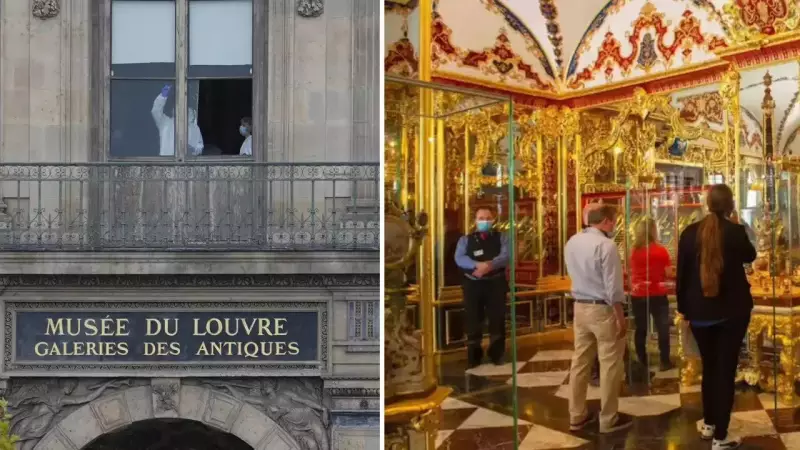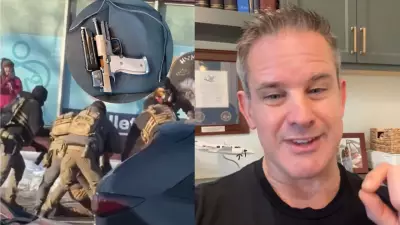
In a stunning admission that has sent shockwaves through the art world, the director of the legendary Louvre Museum has confessed to critical security failures just days after a brazen theft of priceless crown jewels.
The revelation came during a tense press conference where museum officials were forced to acknowledge what many security experts had long suspected: the world's most visited museum had dangerous gaps in its surveillance system.
Security Shortcomings Exposed
"We failed," the director stated bluntly, referring to the inadequate camera coverage that left blind spots throughout the museum. This admission came merely 72 hours after thieves made off with historically significant crown jewels, highlighting the severity of the security lapse.
The theft, which occurred in one of Paris's most heavily guarded institutions, has raised serious questions about how such a prestigious museum could have such vulnerable security measures in place.
Three Days of Silence Broken
What makes this confession particularly alarming is the timing. Museum officials remained silent for three full days following the heist before finally coming clean about the security deficiencies. This delay has prompted criticism from both art conservation experts and the general public.
The stolen artifacts, described as "irreplaceable crown jewels of immense historical value," represent not just a financial loss but a cultural tragedy for France and the global heritage community.
International Implications
This security breach at one of the world's most iconic museums serves as a wake-up call for cultural institutions worldwide. The Louvre, which houses masterpieces like the Mona Lisa and Venus de Milo, has long been considered a benchmark for museum security standards.
Investigators are now scrambling to recover the stolen jewels while museum administrators face mounting pressure to completely overhaul their security protocols and prevent future incidents.





